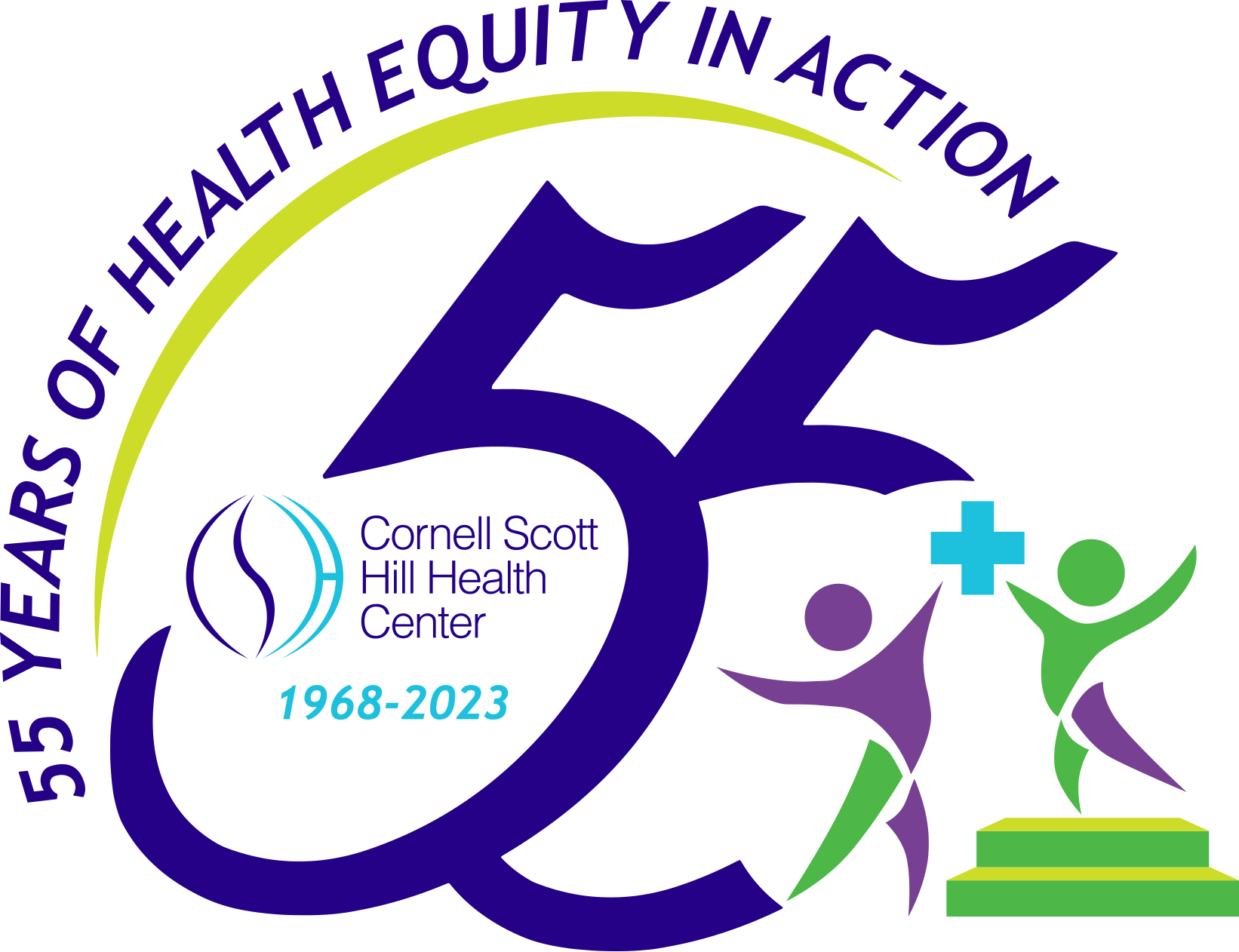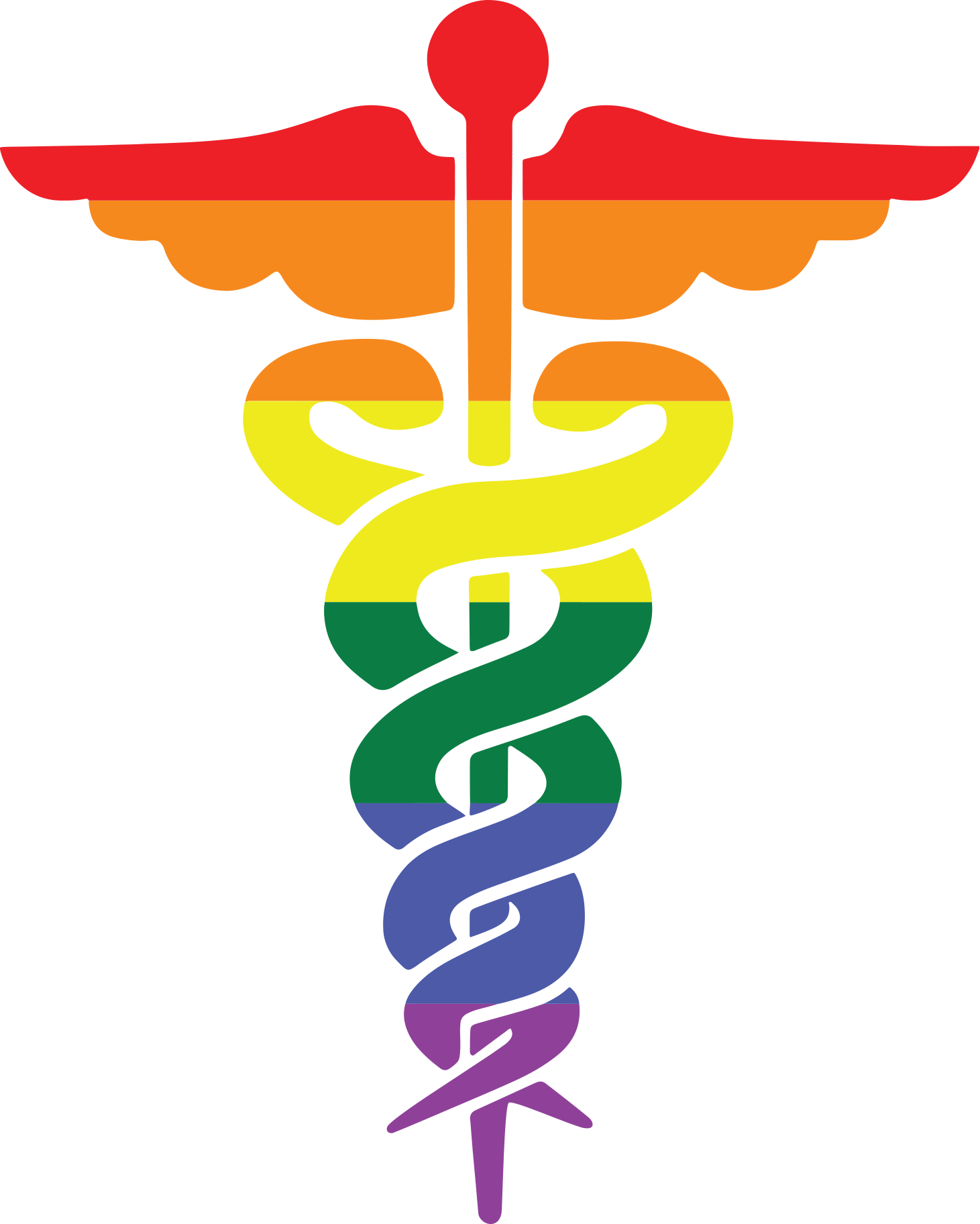Blood Draw
Blood Draw
At Cornell Scott-Hill Health Center, we understand the importance of convenient and reliable blood draw services. That's why we can provide comprehensive blood drawing services! Our experienced healthcare professionals offer a seamless and efficient experience for patients in need of blood tests and laboratory services. In addition, patients can also get their blood drawn at any of the Quest patient service centers!
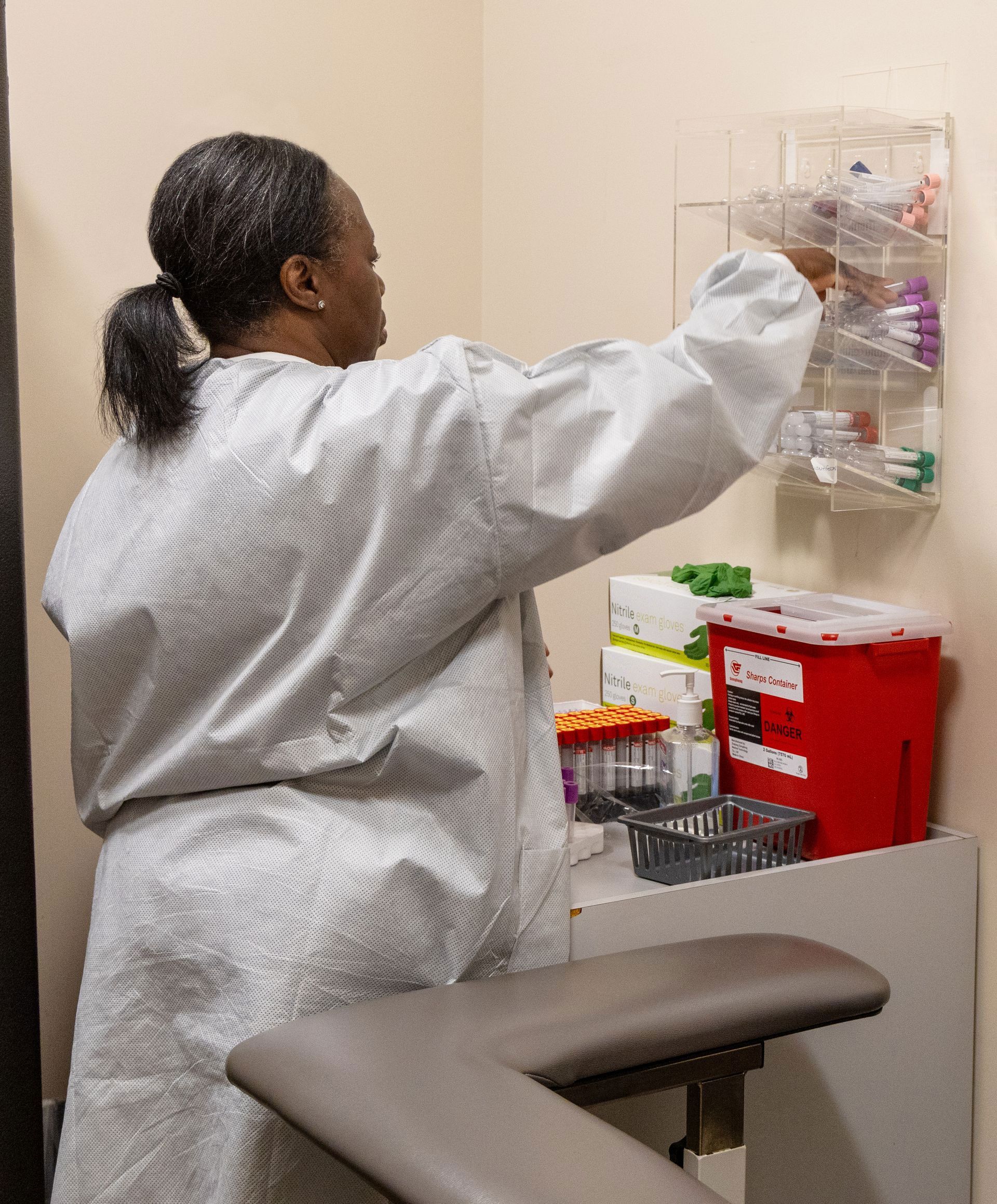
Why Do I Need My Blood Drawn?
Blood draws are an essential part of healthcare and serve various purposes:
Diagnostics: Blood tests can provide valuable information about your overall health, helping to diagnose and monitor various medical conditions. They can assess organ function, screen for infections, check cholesterol levels, evaluate blood cell counts, measure hormone levels, and much more.
Disease Monitoring: For individuals with chronic conditions, regular blood draws may be necessary to monitor the progression and effectiveness of treatments. This allows healthcare providers to make informed decisions about your care and make adjustments as needed.
Preventive Care: Blood tests can detect potential health issues before they cause noticeable symptoms. By identifying risk factors, early detection can lead to timely interventions and preventive measures to maintain your health and well-being.
Treatment Planning: Blood tests provide vital information that helps healthcare providers tailor treatment plans specific to your needs. Whether it's determining medication dosages, evaluating the efficacy of therapies, or assessing the impact of lifestyle changes, blood draws play a crucial role in guiding treatment decisions.
Health Screening: Blood tests can be part of routine health screenings to assess overall health and identify potential underlying conditions. They offer insights into your body's functioning, allowing you to make proactive choices to optimize your well-being.
Remember, the specific reasons for needing your blood drawn will depend on your individual healthcare needs and the recommendations of your healthcare provider. It's important to discuss any concerns or questions you may have with them for personalized guidance.
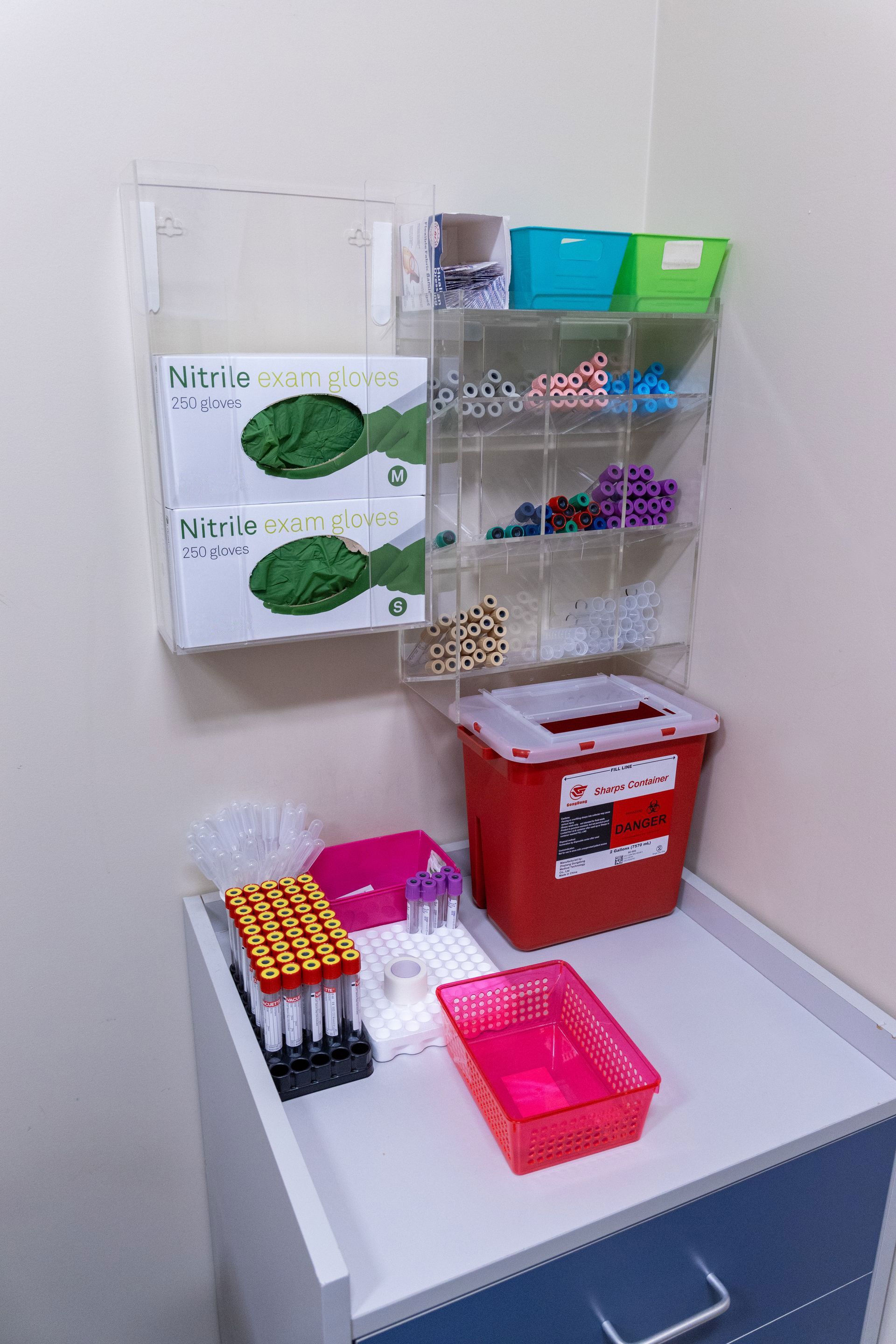
How Should I Prepare for a Blood Draw?
It is usually recommended to fast for a certain period of time, typically 8-12 hours, before a blood draw. However, certain tests may not require fasting, so it's best to check with your healthcare provider. Drink plenty of water to stay hydrated and inform the staff about any medications you are taking.
Does Getting Your Blood Drawn Hurt?
Discomfort during a blood draw is minimal. You may feel a brief pinch or needle prick sensation as the needle is inserted, but it should subside quickly. Our skilled phlebotomists at Cornell Scott-Hill Health Center strive to make the experience as comfortable as possible
How Long Does It Take To Get the Results?
The turnaround time for test results can vary depending on the specific tests ordered. Typically, results are available within a few days to a week. Your healthcare provider will inform you of the expected timeframe and discuss the results during a follow-up appointment.
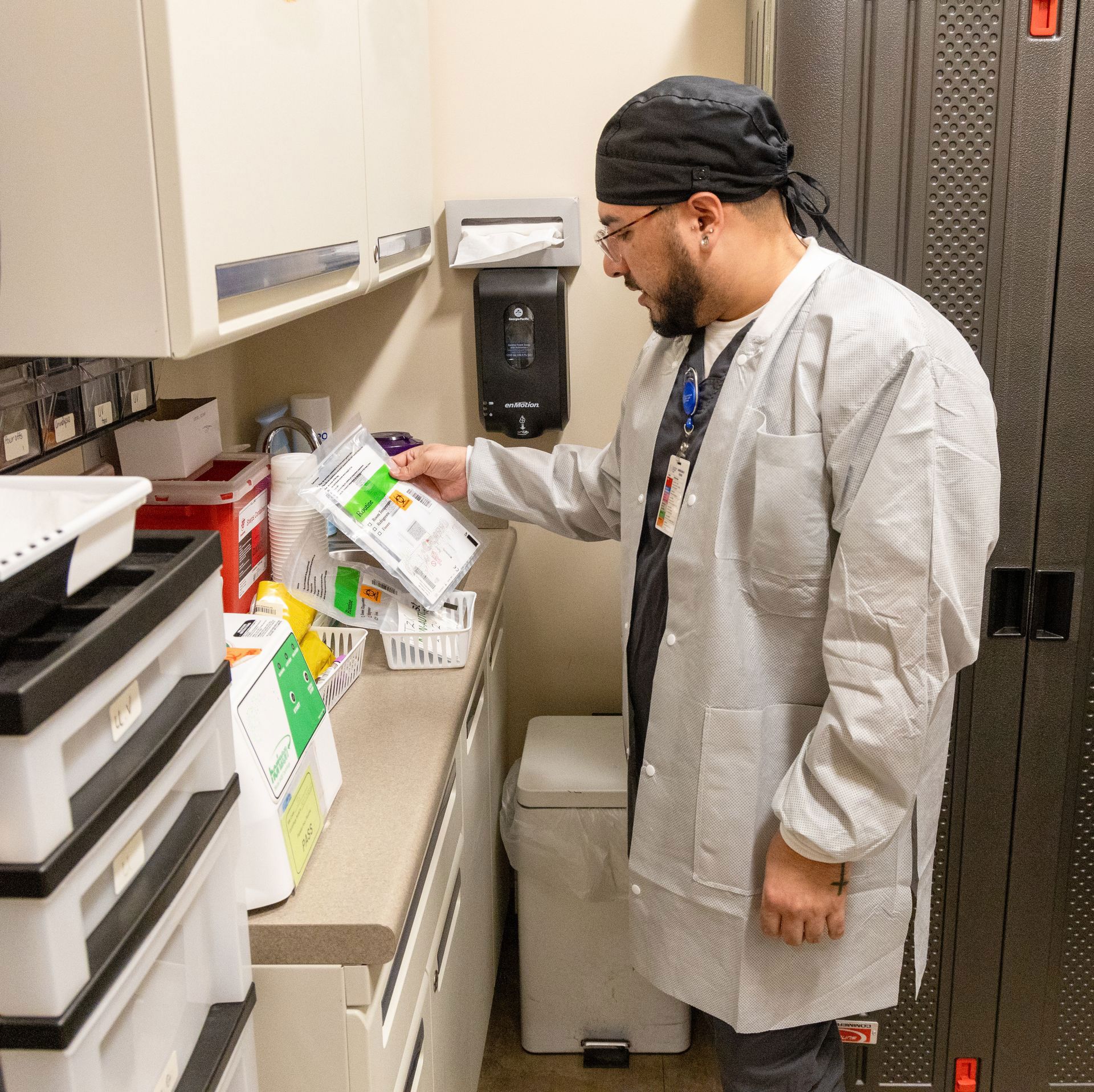
The Blood Drawing Process
The blood drawing process typically involves the following steps, regardless of whether you visit a Cornell Scott-Hill Health Center location or a Quest patient services center:
Preparation.You may be asked to provide your identification and insurance information. The healthcare professional will review your lab test orders and answer any questions you may have. They may also ask about your medical history and any medications you are taking.
Site Preparation.The healthcare professional will identify a suitable vein, often in the inner arm, and clean the area with an antiseptic to reduce the risk of infection.
Needle Insertion. A tourniquet may be applied above the site to make the veins more visible and accessible. A sterile needle will then be inserted into the vein. You may feel a slight prick or pinch during this process.
Blood Collection. As the needle is inserted, blood will flow into a collection tube attached to the needle. The healthcare professional will typically collect multiple tubes, depending on the tests ordered.
Needle Removal and Bandaging. Once the required amount of blood is collected, the needle will be removed, and pressure will be applied to the puncture site to stop any bleeding. A bandage or adhesive strip may be placed over the site.
Labeling and Processing. The collected blood samples will be labeled with your information and sent to the laboratory for analysis. The samples will undergo testing based on the specific tests ordered by your healthcare provider.
The duration of the blood drawing process can vary depending on the number of tests ordered and your individual circumstances. The healthcare professional will provide you with instructions on any necessary post-procedure care. However, patients can usually expect the whole process to take about 5-10 minutes.
Drawn to Better Health: Schedule Your Blood Draw
Take charge of your health and schedule a blood drawing appointment at Cornell Scott-Hill Health Center, conveniently located at 428 Columbus Avenue, New Haven. Our 121 Wakelee Avenue, Ansonia, as well as our 197 Dixwell Avenue, New Haven (Dixwell Community Q House) can provide blood drawing services as well. Patients can also feel free to visit their local Quest patient services center instead! Don't delay in getting the essential information about your health –
book your blood drawing appointment today and take a proactive step towards maintaining your overall wellness. Your health matters to us, and we're here to provide the quality care you deserve
Frequently Asked Questions
We are part of your community and are ready to help you! See below some of the frequently asked questions we get. If you can not find the answer to you question here, please call us at 203-503-3000.
-
Who can visit us?
Anyone and everyone. No matter who you are, you can seek help for your healthcare needs with us.
-
How do I make an appointment?
Call the main number 203-503-3000 or visit one of our locations.
-
Is Cornell Scott-Hill Health Center a free clinic?
No, we are not a free clinic. We provide healthcare services for a fee. However, because we are a Federally Qualified Health Center, we are able to offer reduced rates to people without insurance as long as they qualify based on income and family size.
-
How much do your services cost?
Costs will vary based on your specific situation. We accept all insurance including Medicare, Medicaid (Title 19), HUSKY, Charter Oak, and most commercial insurance plans. For anyone without health insurance, we offer services on a sliding-fee scale, which means you pay only what you can. We also can provide assistance with access to State support and services.
-
How can I give feedback about my experience here?
You may fill out a comment card located in the reception area or right on this website each service can be rated.
-
How can I obtain my medical records?
Release of information requests are processed by Ramona Fain and Francheska Cantey. Francheska handles all patients that falls between A-M and Ramona N-Z. Ramona can be reached at 203-503-3140 and Francheska at 203-503-3236.
-
How can I know if the center is delayed or closed due to severe weather?
Our 24/7 facilities, SCRC and Grant Street Partnership, will remain open during severe weather. To find out if there are delays or closings at any of our other sites go to:
Channel 3: WFSB Early Warning Network - www.wfsb.com
Call: 203-503-3196
Visit our site at: www.cornellscott.org
Recent CSHHC News and Events
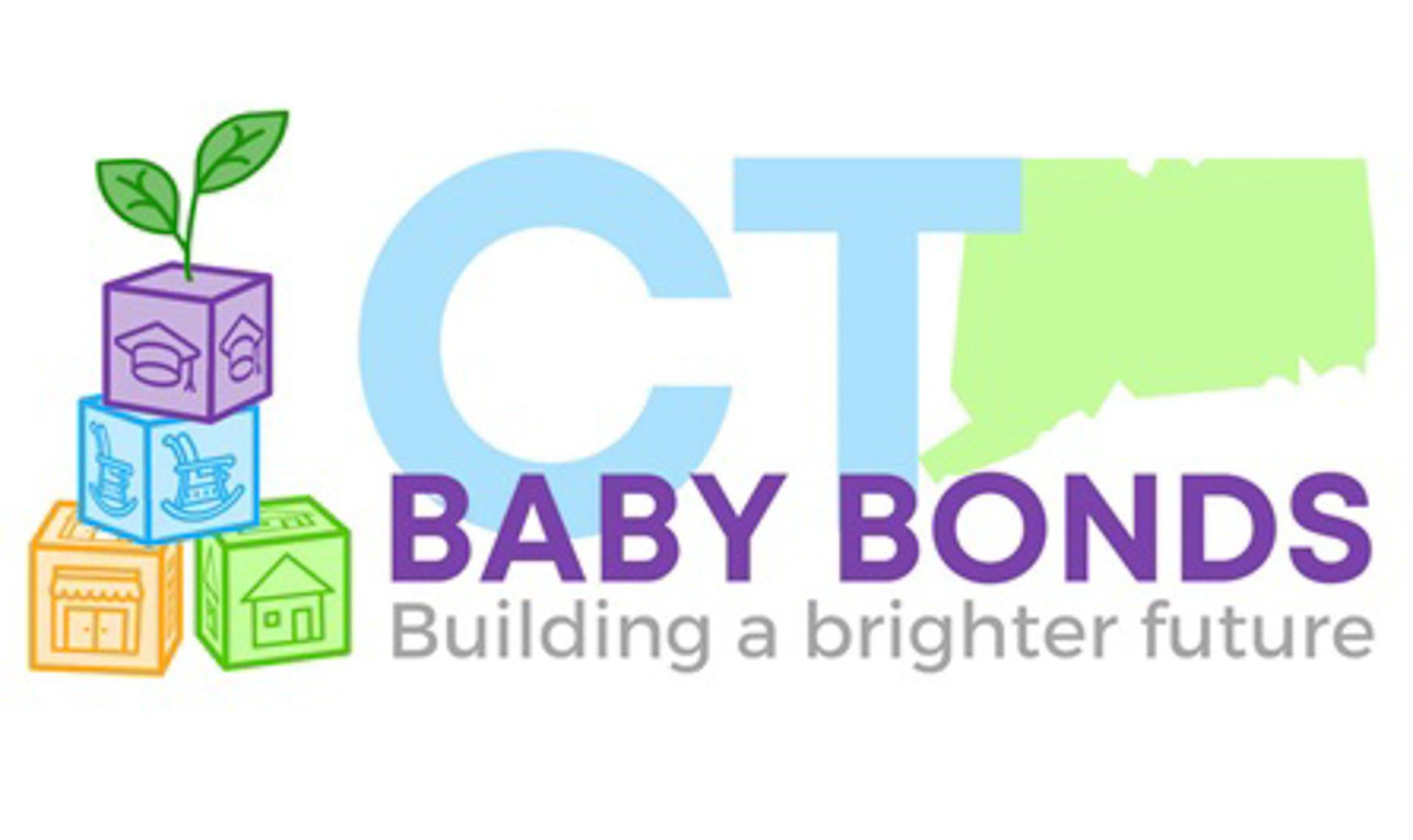


Leave Us a Review
Choose the location you visited and leave us your thoughts on Google.
For Patients
For Information
Contact Us
To book an appointment or for more information about our services, staff and locations:
Call: 203-503-3000
For clinical concerns after hours, please call 203-503-3000. Our answering service will direct your call.
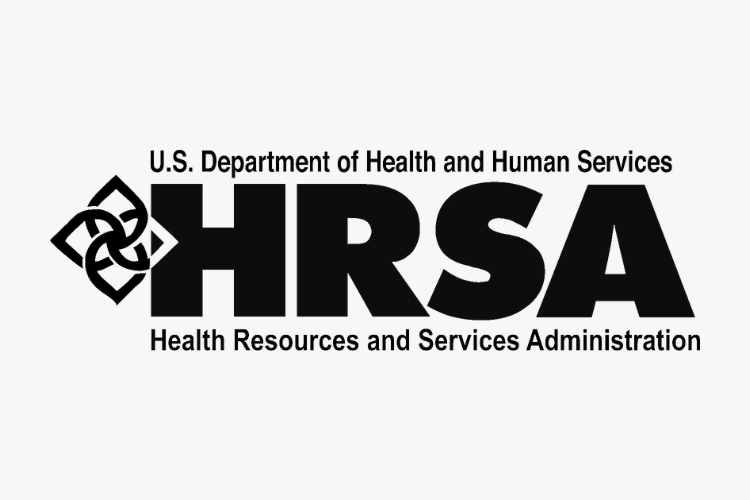
HRSA
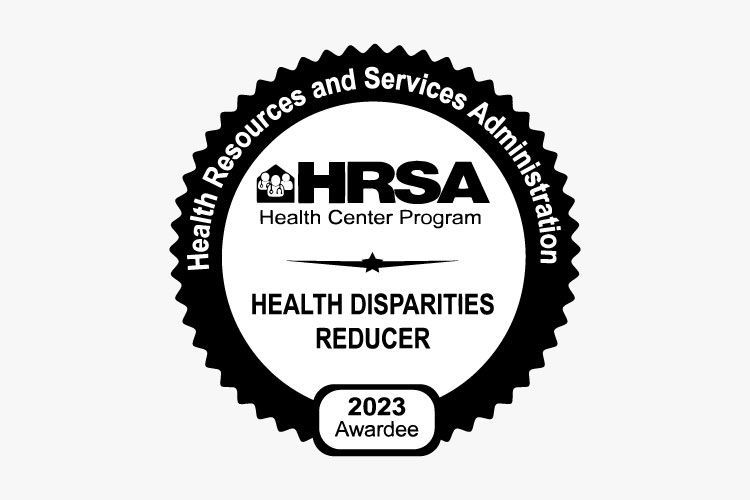
Beautiful Woman
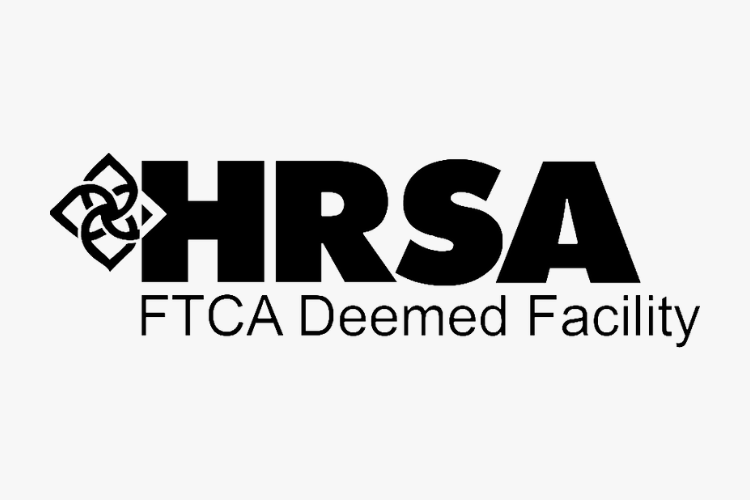
FTCA
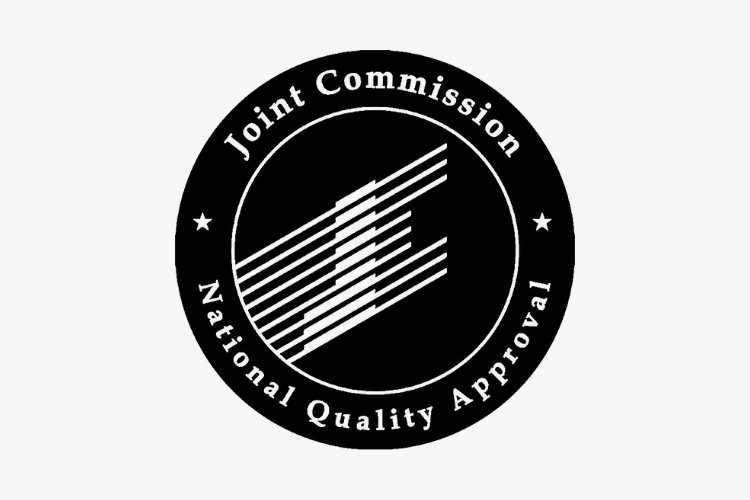
Joint Commission
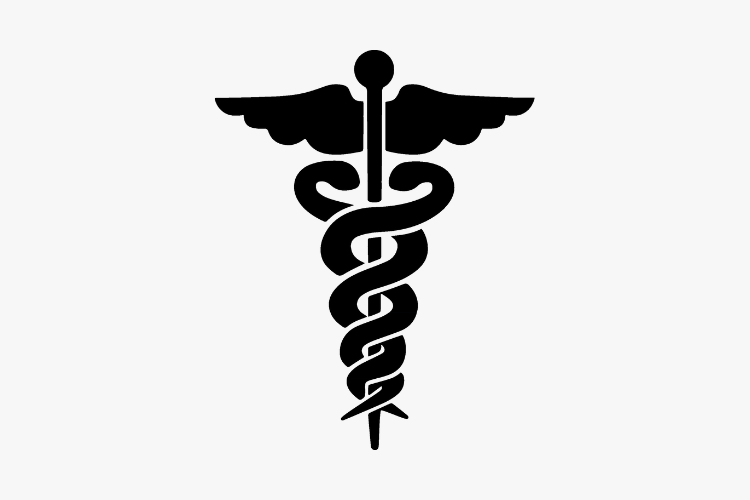
Caduceus
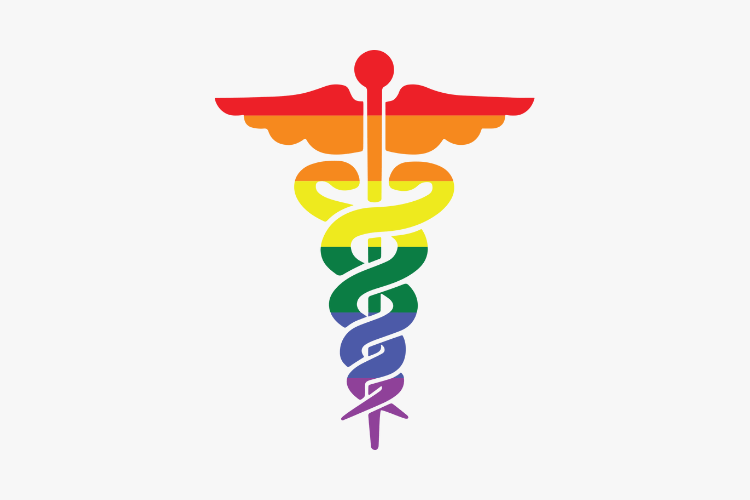
LGBT

HRSA

FTCA

Joint Commission

Caduceus


